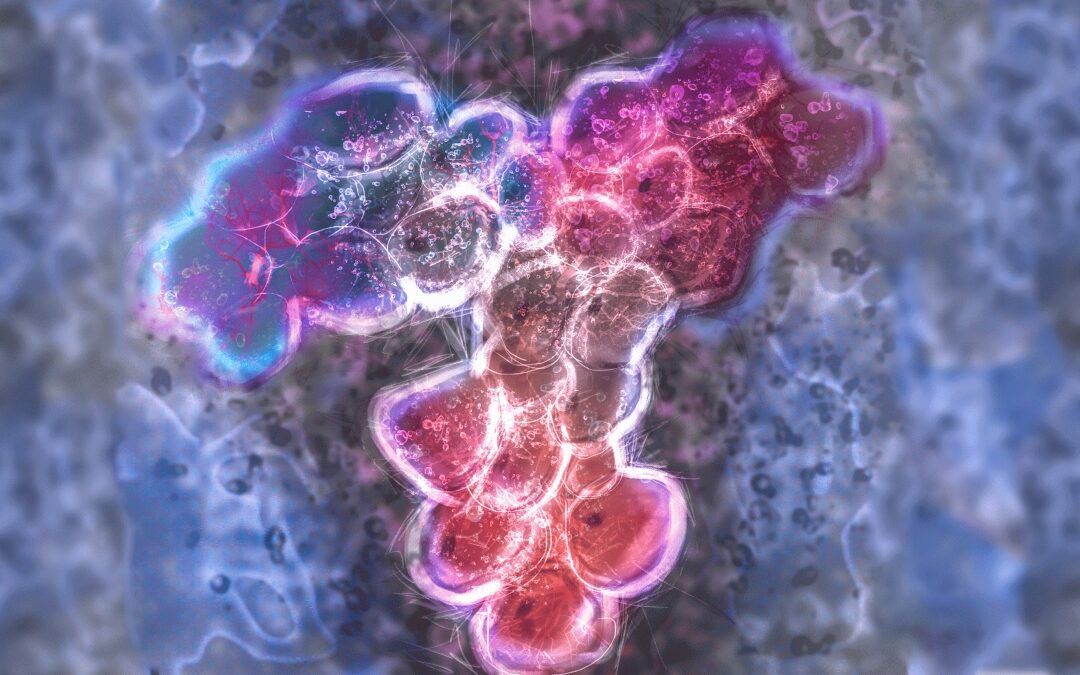Rutgers Global Health Institute core faculty member Maria Laura Gennaro is mentioned in this story for her role as director of the laboratory where the serologic testing will take place.
Rutgers University researchers plan to provide serologic antibody testing to help determine the incidence of long COVID and the effect that this condition has on children as part of the National Institutes of Health RECOVER Initiative.
The serological testing, which determines the presence and key characteristics of antibodies directed against proteins produced by SARS-CoV-2 — the virus causing COVID-19 disease — will be performed in the laboratory of Maria Laura Gennaro, professor of medicine and epidemiology at the Public Health Research Institute at Rutgers New Jersey Medical School. Gennaro also is a core faculty member of Rutgers Global Health Institute.
“Our research will involve in-depth studies to assess whether anti-SARS-CoV-2 antibody responses differ between children who developed long COVID and those who did not,” explained Gennaro. “This work might help determine whether some antiviral antibodies have beneficial or harmful long-term effects, opening the way to various therapeutic scenarios. One strength of this endeavor is that key SARS-CoV-2 proteins used in the assays are produced in-house, in the laboratory of Abraham Pinter, professor of medicine at [the medical school], using methods they established in more than a decade of HIV research.”
This new phase of serological testing will be performed in the context of Rutgers’ participation in RECOVER through the Collaborative Study of Long-term Outcomes of COVID in Kids (CLOCK) team, which is led by Lawrence C. Kleinman, professor and vice chair of the Department of Pediatrics at Rutgers Robert Wood Johnson Medical School. CLOCK is recruiting more than 2,000 participants for the RECOVER initiative.
“We are delighted by this further expansion of the CLOCK contribution to the RECOVER program,” said Kleinman.
RECOVER is a nationwide initiative dedicated to understanding COVID-19 and exploring why some people develop persistent symptoms known as long COVID. The study involves more than 30,000 study participants, hundreds of researchers, millions of health records, and over 40 pathobiology studies.
The antibody testing being conducted by Rutgers researchers will use the resources of the biomarker core of the New Jersey Alliance for Clinical and Translational Science (NJ ACTS).

